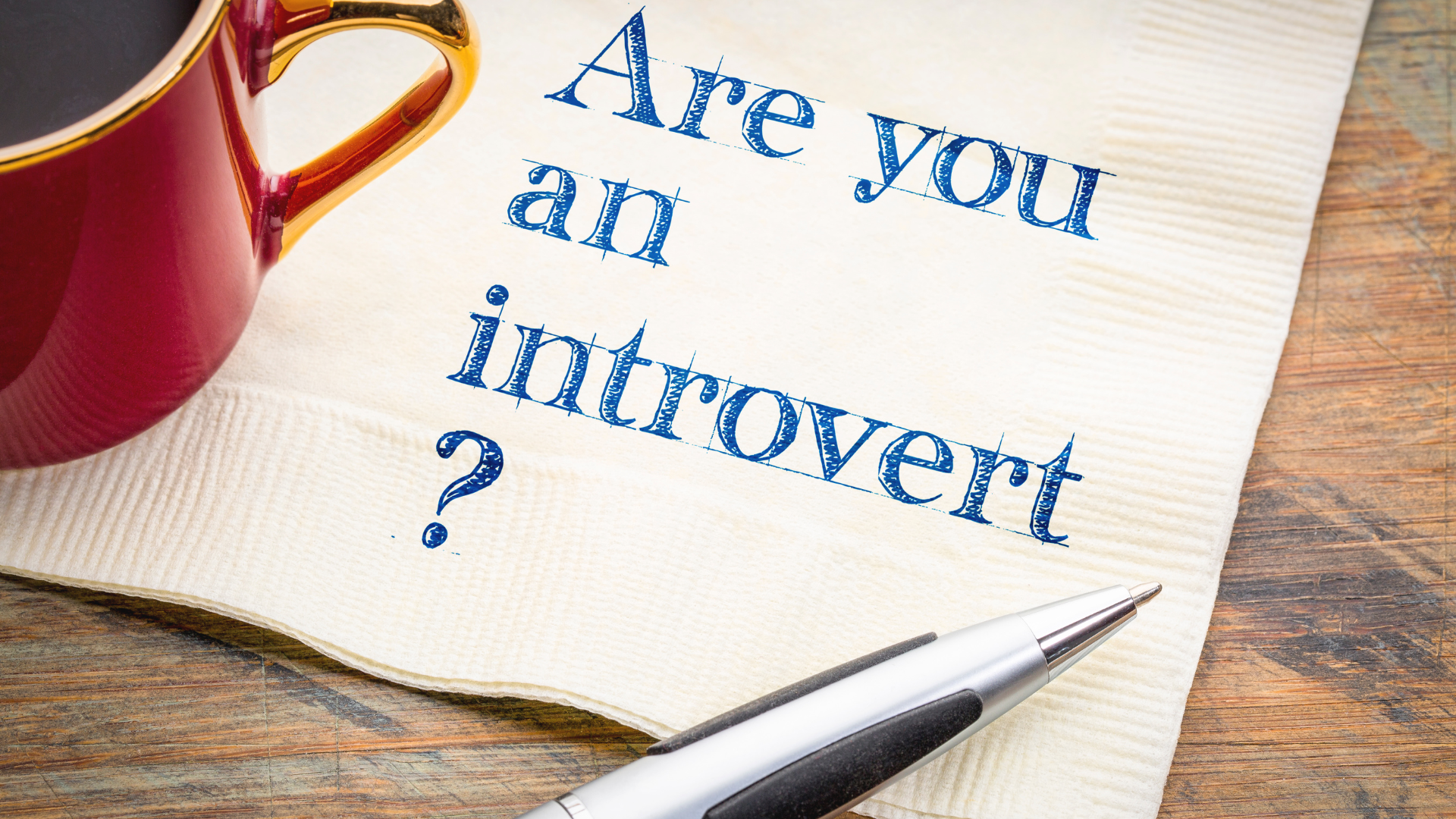Quiet Strength: Embracing Introverted Leadership in Business

When pondering the qualities of an effective leader, does introversion ever come to mind?
The opening sentence of a recent LinkedIn post made by our founder & CEO Charmaine states, “I’m an introvert, and when I say introvert, I mean HIGH. In fact, on every test for introversion I’ve ever taken, my introversion score has been between 88% – 92%.” This post continues to generate significant engagement weeks later—a clear indication that the topic struck a chord worth exploring further.
Leadership has long been associated with certain traits—assertiveness, extroversion, and a commanding presence. These archetypes, often rooted in biases, are far from accurate and have created a skewed perception of what effective leadership looks like. Furthermore, the perpetuation of these stereotypes has a particularly detrimental impact on women and other marginalized individuals in leadership roles. The bias toward extroverted qualities can overshadow the capabilities of individuals who may possess quieter but equally powerful leadership styles, creating an uneven playing field and reinforcing gender and racial disparities in leadership positions.
Before delving deeper, let’s dispel some of the myths about introverts…
Contrary to popular belief, being an introvert doesn’t equate to an aversion to social interaction or an inability to contribute in a dynamic environment. Introversion isn’t a rejection of people; it’s an acknowledgment that extensive social interactions consume considerable energy. In fact, being an introvert has never stopped Charmaine from leading effectively, whether in corporate America or now leading Chapter tOO. In her words, “What being an introvert means to me is that I have exposure limits, and those limits dictate the need for mindful engagement. This awareness enhances my ability to lead with depth and authenticity.”
So, what does the world need to understand about introverted vs. extroverted leaders?
Effective leadership is not a one-size-fits-all model. Far from shying away from participation, introversion allows for a unique perspective in meetings and conversations. Introverted leaders often excel in deep listening and thoughtful decision-making, contributing to a more inclusive and considerate decision-making process. Their ability to create environments where diverse voices are heard fosters innovation and creativity.
Susan Cain, author of ‘Quiet: The Power of Introverts in a World That Can’t Stop Talking,’ has illuminated the world on the strengths of introversion. Renowned leaders such as Bill Gates, Warren Buffett, and Jacinda Ardern, who wield tremendous influence and power in the world of business and global politics, proudly identify as introverts. In fact, while serving as the Prime Minister of New Zealand, Ardern was famously quoted as saying, “You do not have to be the loudest person in the room. You can believe in consensus more than you believe in conflict. You can be human. You can feel and show emotion. You can be kind, empathetic, and strong.” Staying true to the core of who she is, Ardern consistently demonstrated that despite the misconceptions, her leadership demeanor, empathetic approach, and effective crisis management skills could be leveraged to push sweeping reforms through, change hearts, and garner the love and adoration of countless people around the world.
The only way through is forward, and true progress will necessitate the dismantling of outdated, harmful, and non-inclusive beliefs. To actualize this progress, historical leadership stereotypes must be challenged, as doing so is a crucial step toward creating a more inclusive and diverse business landscape.
#GemAlert
Recognizing and valuing the strengths of introverted leaders will pave the way for a more equitable and successful future for all.
Connect with us to learn how our advisory, coaching, and training services can help optimize your workplace for inclusion and innovation.
I'm Charmaine. CEO and Founder of Chapter tOO™ and your guide to professional and business optimization. More About Us
Welcome!
A NYC certified Minority/Women-Owned Business Enterprise (M/WBE)
© 2021- 2025 Chapter too™ all rights reserved.